Indonesia's high-speed line benefits both countries, says China's envoy
Jakarta and Bandung are vibrant and dynamic Indonesian cities, and strengthening the flow of people and goods between them is crucial, according to Chinese Ambassador to Indonesia Lu Kang.
The Indonesian government and its people have long yearned for more efficient transportation infrastructure, Lu said in an exclusive interview with China Daily in the Indonesian capital, Jakarta.
The Jakarta-Bandung High-Speed Railway — a landmark project under the Belt and Road Initiative built with Chinese technology — is set to start commercial operation in October. With a design speed of 350 kilometers per hour, the railway connects Jakarta with the historic city of Bandung in West Java.
Spanning 142.3 km, the high-speed railway will serve a population of 40 million, and reduce travel time between the two cities from more than three hours to just 40 minutes. The current total length of Indonesia's railway network is about 7,000 km, with an average speed of 50 km/h for trains.
"The high-speed railway project sets a very fine example of the mutual trust and mutual assistance among friendly countries," Lu said.
As a "flagship project" under the BRI, the railway is the first overseas high-speed railway project that fully uses Chinese railway systems, technology and industrial components. Most of the construction workers were Indonesian, with 15,000 people employed.
The workforce ratio was one Chinese worker for every seven Indonesian workers, said Dwiyana Slamet Riyadi, president director of PT Kereta Cepat Indonesia China. KCIC is a joint venture between PT Pilar Sinergi BUMN, a consortium of Indonesian state-owned companies, and Beijing Yawan Co, a syndicate of Chinese railway companies.
From inception to completion the project has been a collaborative effort, Lu said. "Despite the challenges faced during the construction period, teams from both countries cooperated closely, supporting each other through difficulties and challenges," he added.
In a bid to support Indonesia in setting up its own high-speed rail team, China has trained more than 45,000 Indonesian personnel. It's expected that in the next couple of years, Indonesia will be fully capable to operate the Jakarta-Bandung High-Speed Railway on its own.
The railway is just one example of the many projects within the BRI framework in Indonesia. Lu said both sides are exploring further areas of collaboration, including the establishment of another flagship project of "Two Countries, Twin Parks", and cooperative efforts in healthcare, agriculture, green and digital economies, smart cities, education and culture.
"We see a lot of potential for our two countries to harvest benefits for our peoples," he said.
According to the World Bank, the implementation of all projects within the BRI framework will generate about $1.6 trillion in global revenue annually by 2030. This would account for 1.3 percent of the world's gross domestic product, with 90 percent of the benefits to be shared among the participating partners.
From 2015 to 2030, BRI projects could help lift 7.6 million people out of extreme poverty and 32 million people out of moderate poverty globally, the World Bank said.








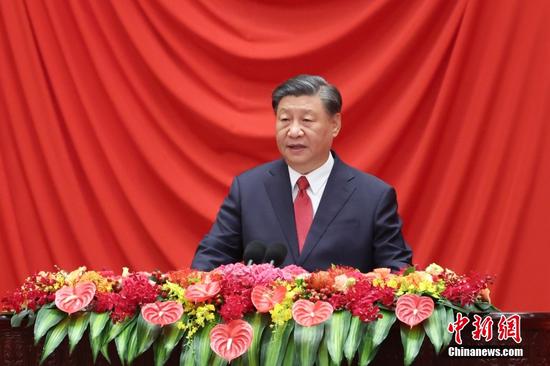


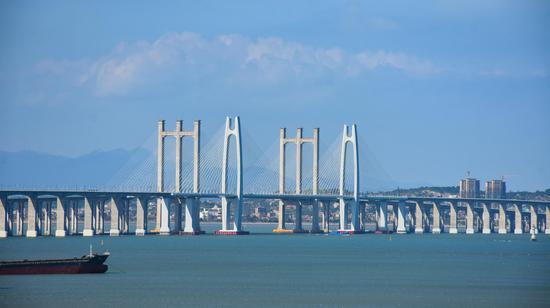


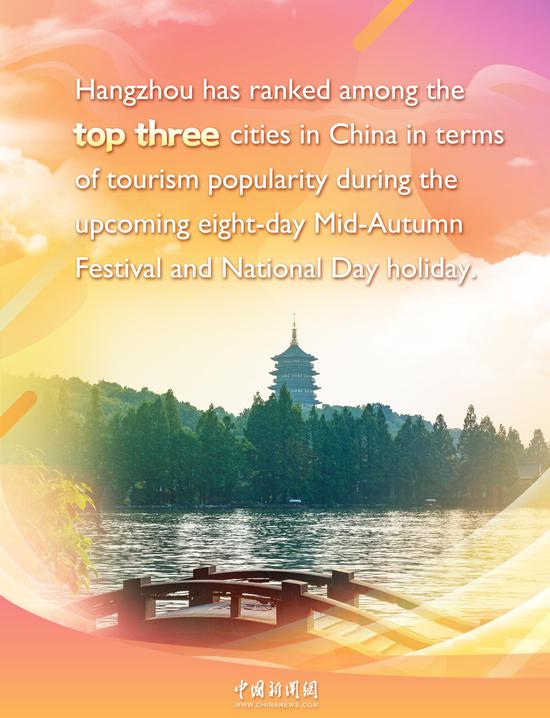
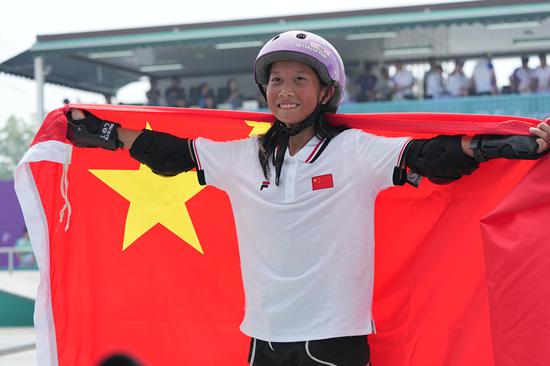

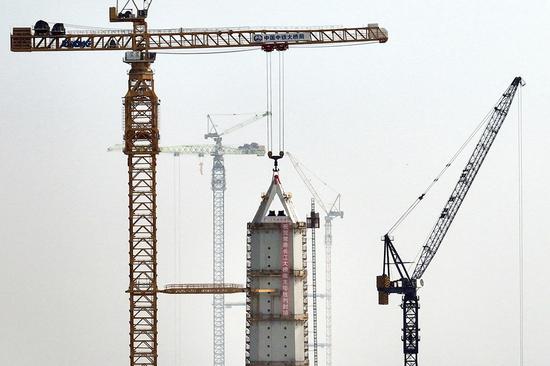
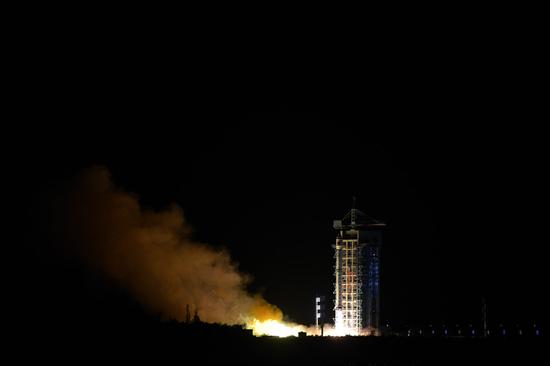


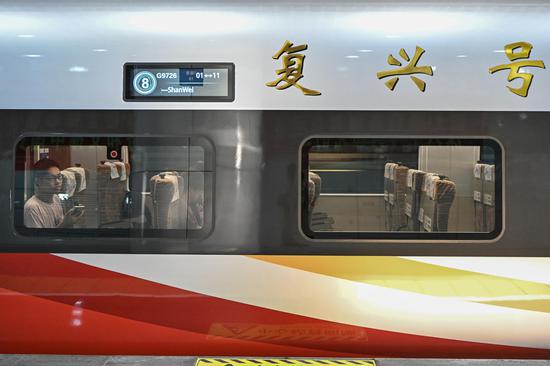







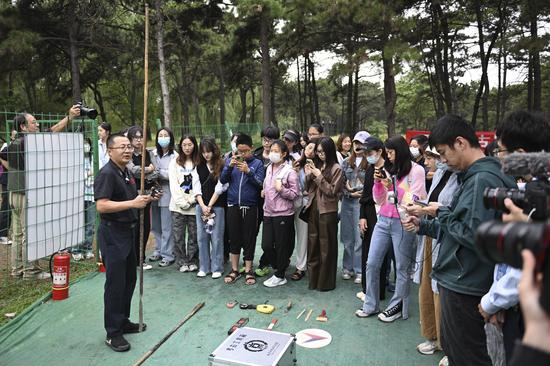
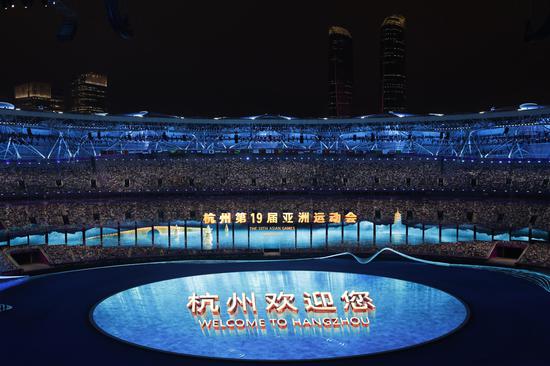

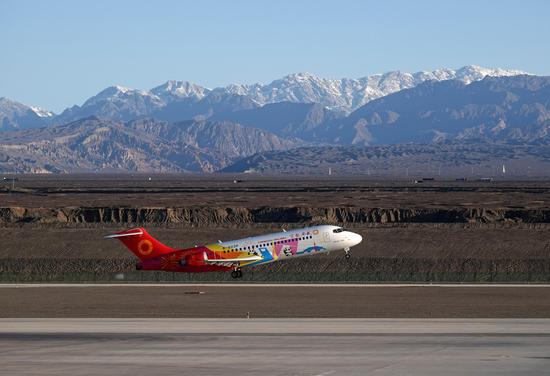

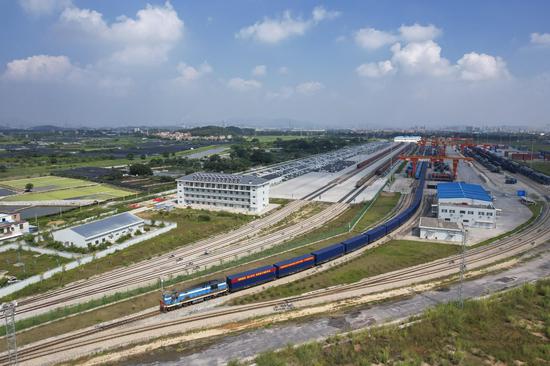



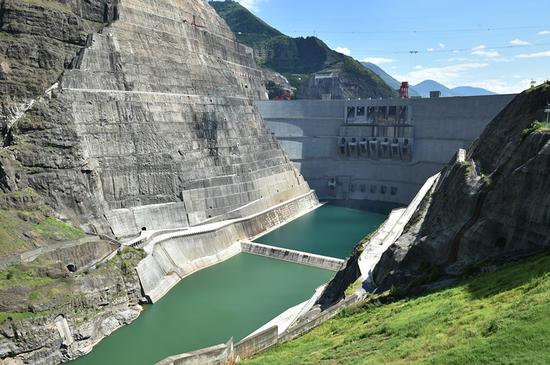
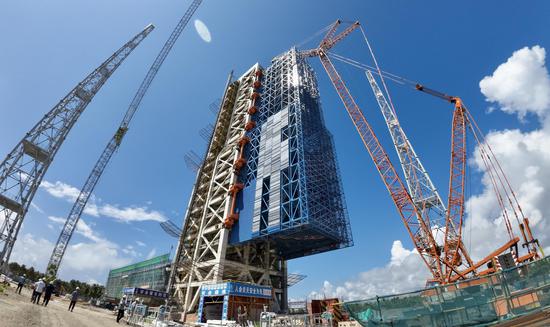
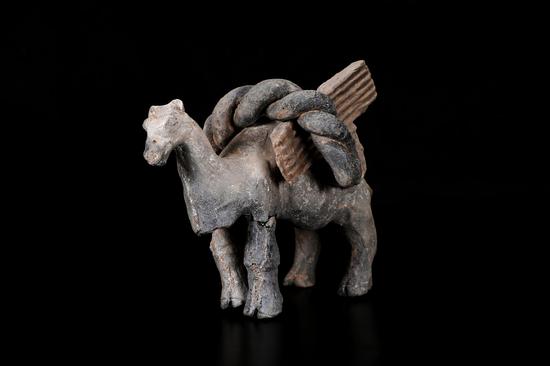









 京公网安备 11010202009201号
京公网安备 11010202009201号